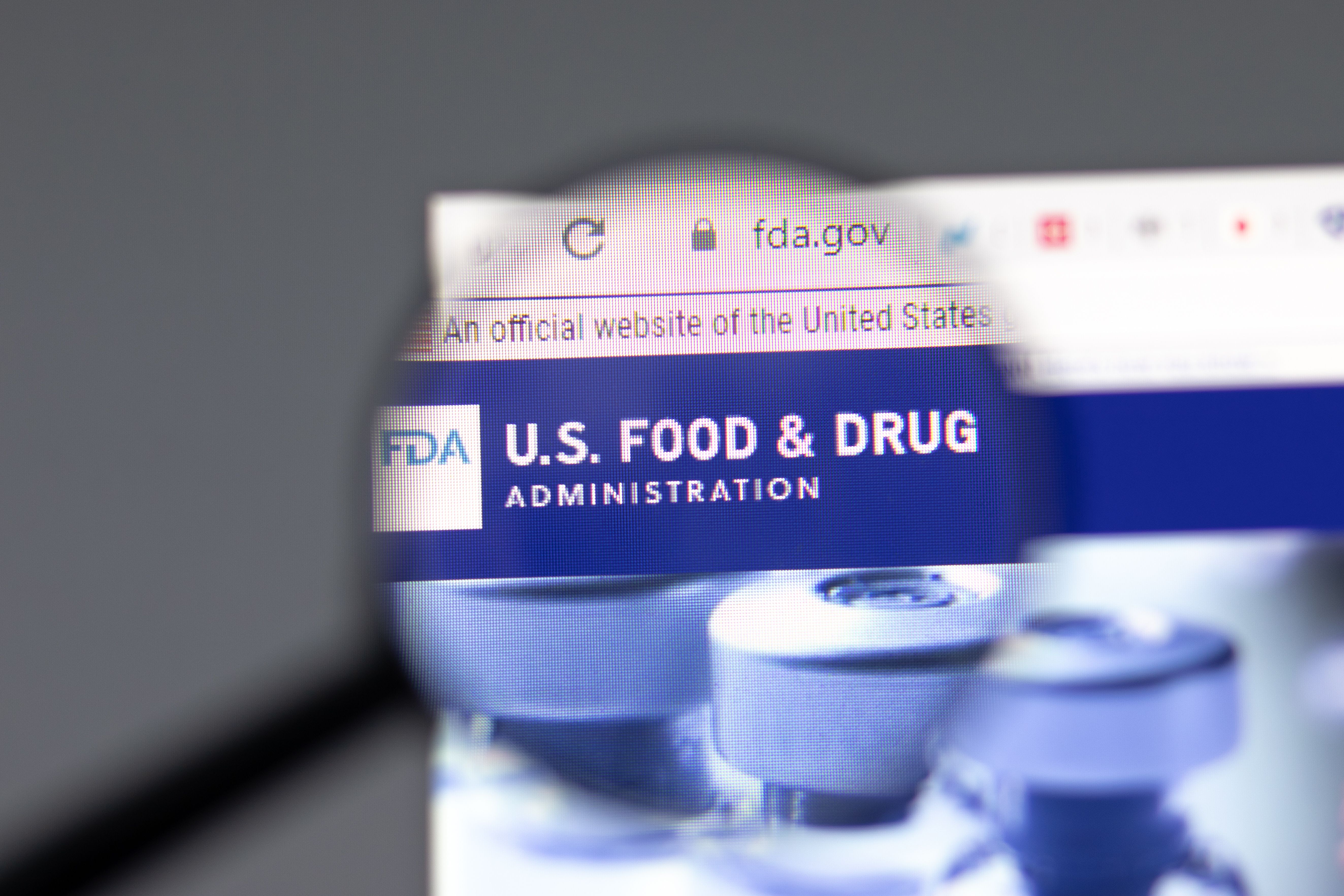Article
Blockchain Has Potential For the Future of Personal Health Records, Electronic Health Records
Author(s):
Blockchain, a distributed peer-to-peer ledger technology, has been leveraged by a number of industries in the interest of decentralizing and reducing costs. The most famous implementation of blockchain would be its use in cryptocurrency, the most widely known of which being Bitcoin and Ethereum.
The blockchain platform uses unique, immutable, and time-stamped blocks of records or sets of data, which are linked in chains through cryptography to allow for more reliable and transparent data storage and transfers. Though the technology is still young and its use cases are growing, its use in health care spaces to date has remained limited.1 There are a number of opportunities present for implementing blockchain into global health technology, with perhaps one of the most intuitive being its potential as a platform for health records.
Personal health records (PHRs) collect data from multiple different sources, including patients’ devices, clinics, care centers, pharmacies, and care delivery organizations, and are primarily controlled by the patients themselves. Electronic health records (EHRs), on the other hand, are digital collections of a patient’s medical history managed primarily by physicians. EHRs contain information such as diagnoses, medications, treatment plans, allergies, and laboratory and test results.2
Although cloud-based PHR management services are currently available, including Google Health, Apple Health, and Practice Fusion, these services arguably take data ownership out of the hands of the patient through third-party involvement.1 EHRs are also facing similar issues in terms of privacy and data ownership. Investigators have found that the majority of EHRs are stored on centralized databases, which rely on a single authority to effectively protect data from attacks, both external and internal.3
With security, trustworthiness, and personal control at issue, blockchain could offer a potential solution for all 3. Through the employment of smart contracts and decentralized architecture, blockchain allows PHRs to be stored in a way that is immutable, traceable, transparent, auditable, and secure.2
Further, systems that store EHR data using blockchain have been thoroughly explored through evaluations of the Healthchain prototype. Investigators have found that Healthchain is private, secure, and tamper-resistant, with information stored as hash values for each health care transaction. While the prototype still requires refinement in terms of efficiency and further research is required to compare alternative configurations, Healthchain demonstrated to investigators that the framework is successful in terms of providing a reliable health data network.3
Efficiency is one of the critical issues facing the current blockchain architecture. Examining the use of blockchain for currency, Bitcoin is capable of processing approximately 7 transactions per second, whereas VISA is capable of processing up to 15,000. Newer cryptocurrencies, such as Ethereum and Solana, are approaching the speed of non-blockchain platforms, with Solana offering around 50,000 transactions per second; however, investigators maintain that greater throughput is required for a reliable health care platform.1,4
Cost must also be taken into consideration, with the IBM Blockchain Platform priced at $0.29 per allocated central processing unit hour, which investigators estimate could add up to tens of millions of dollars for large enterprises.1
An experiment evaluating the use of blockchain for handling PHRs, utilizing Ethereum 1.8.4, concluded that it was possible to exchange PHR data through a private blockchain network, but reductions in data size would be necessary in addition to a reduction in operating costs. In this particular experiment, 24.7% of the supplied patient records were not loaded into the network due to the data block size of the transaction block.5
Though a number of questions remain as to effective implementation and scalability,1,4 there is still significant promise for the future when experimenting with blockchain as a platform for PHRs and EHRs.2,3
Investigators tend to agree that further research and development is required to truly make the switch from the current platform,1-3,5 but their findings suggest the dawn of a potential overhaul of health records management in the near future.2,3
REFERENCES
- Vervoort D, Guetter CR, Peters AW. Blockchain, health disparities and global health. BMJ Innovations 2021;7:506-514.
- Madine MM, Battah AA, Yaqoob I, et al. Blockchain for giving patients control over their medical records. IEEE Access, vol. 8, pp. 193102-193115, 2020. doi:10.1109/ACCESS.2020.3032553
- Chenthara S, Ahmed K, Wang H, Whittaker F, Chen Z (2020) Healthchain: A novel framework on privacy preservation of electronic health records using blockchain technology. PLoS ONE 15(12): e0243043. doi:10.1371/journal.pone.0243043
- What is Solana? Coinbase. Accessed October 20, 2021. https://www.coinbase.com/learn/crypto-basics/what-is-solana
- Park YR, Lee E, Na W, Park S, Lee Y, Lee JH. Is blockchain technology suitable for managing personal health records? Mixed-methods study to test feasibility. J Med Internet Res 2019;21(2):e12533 doi:10.2196/12533






